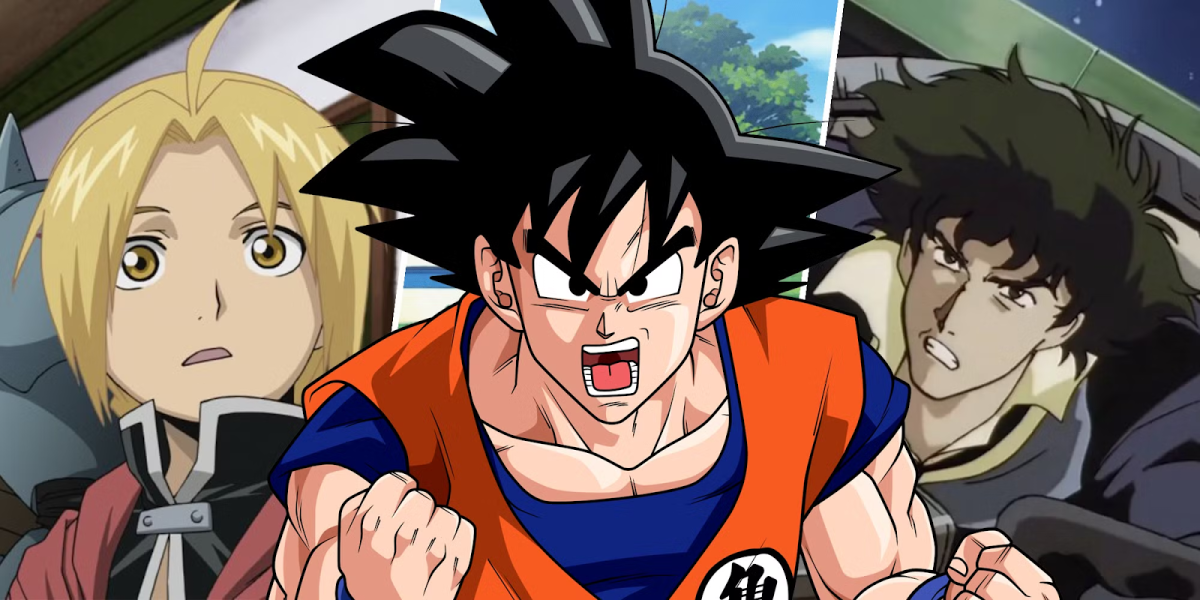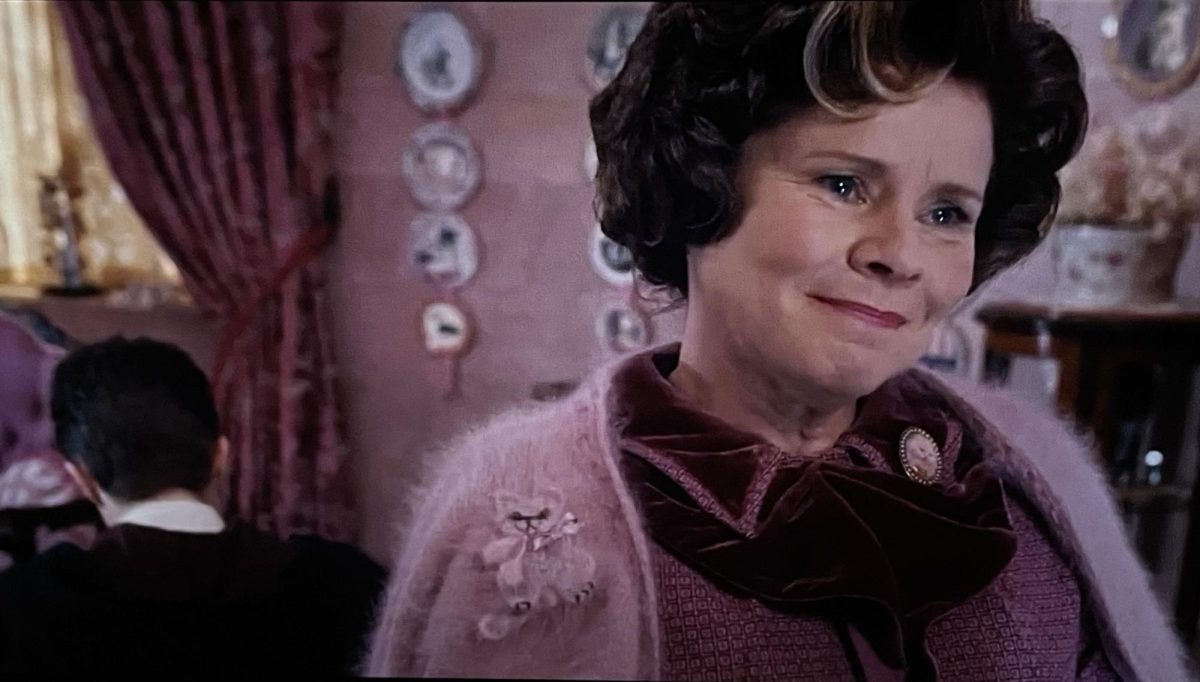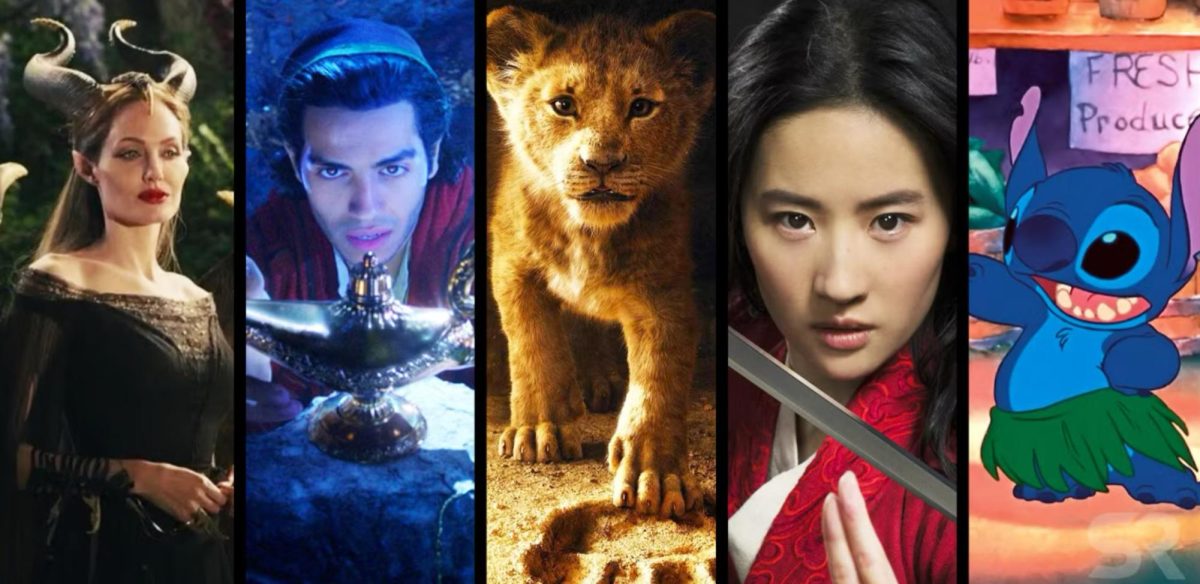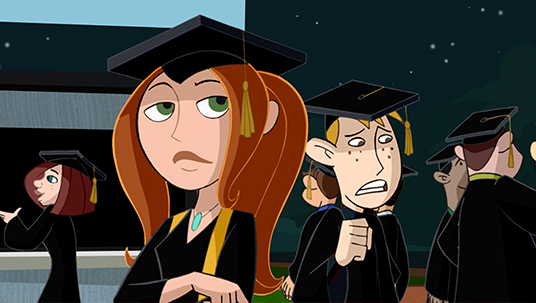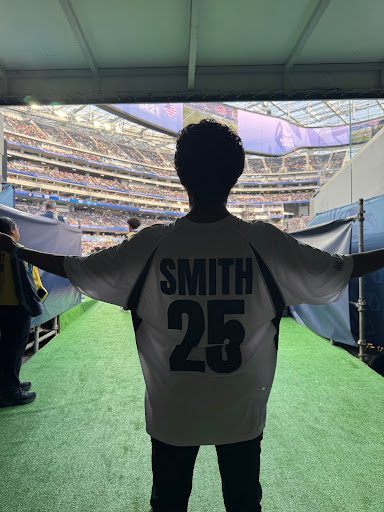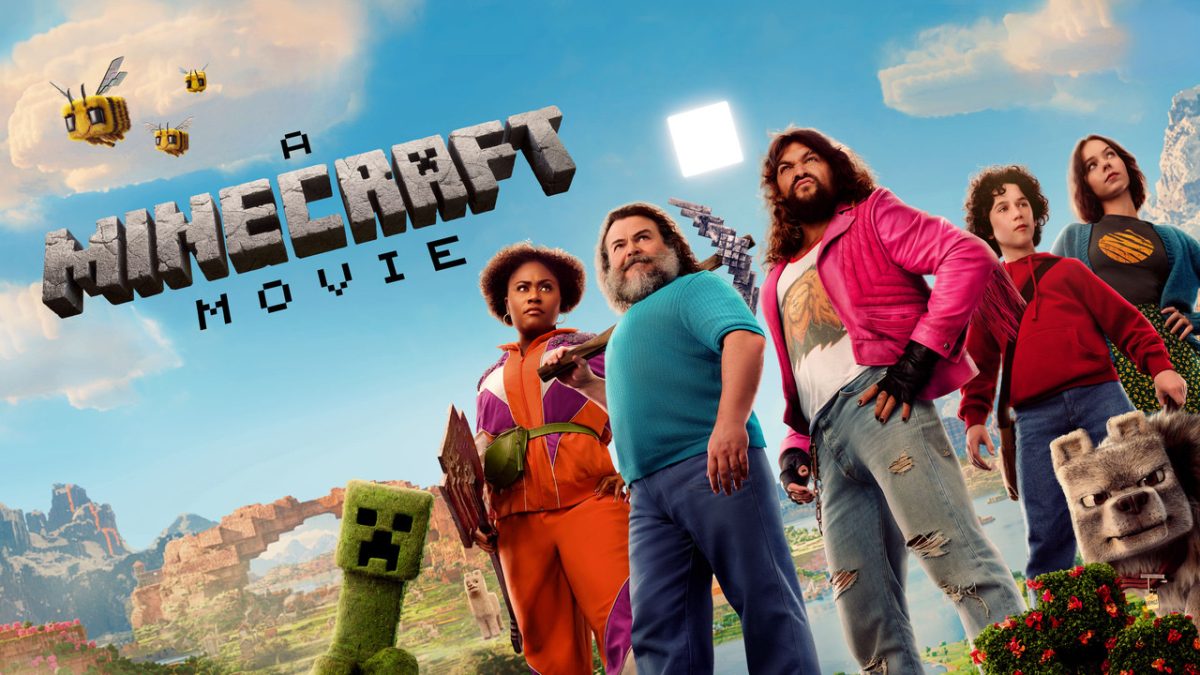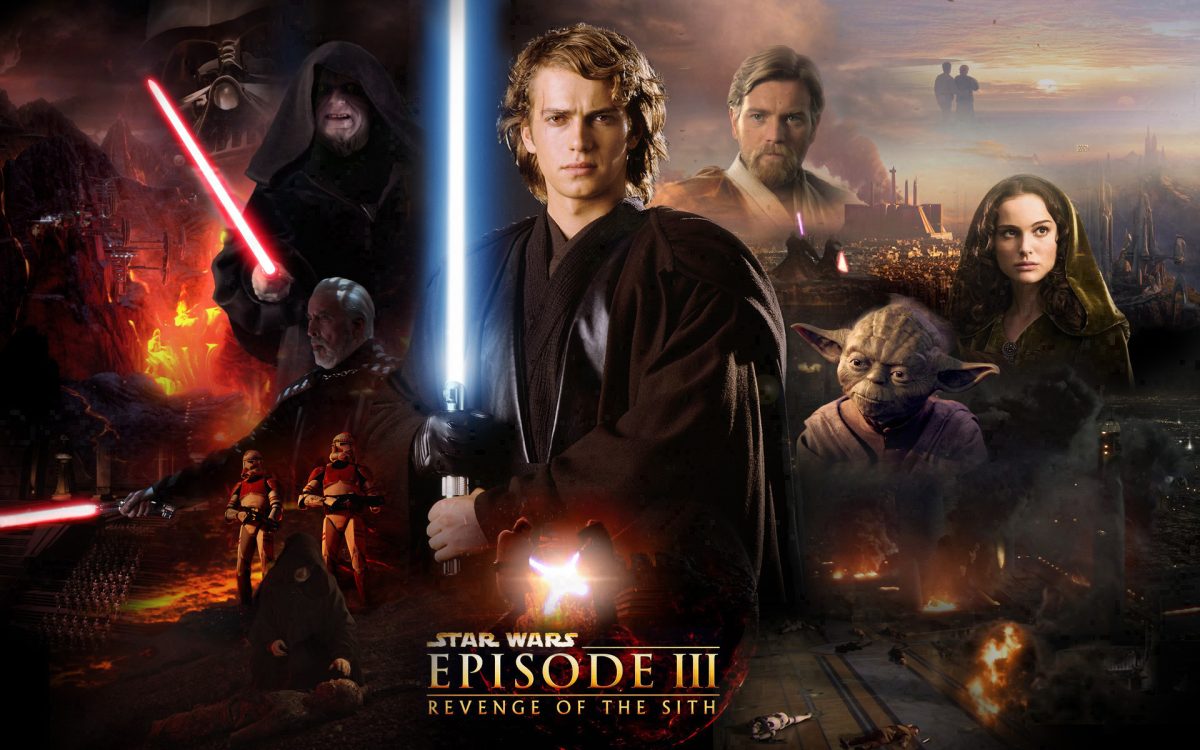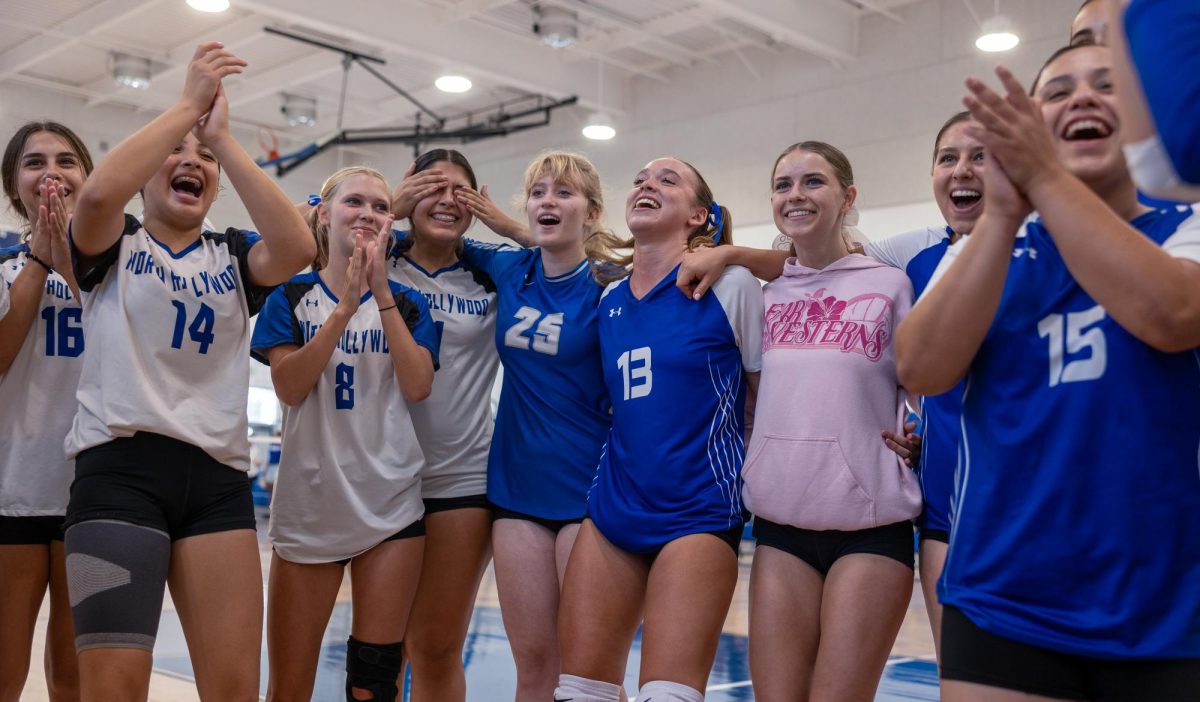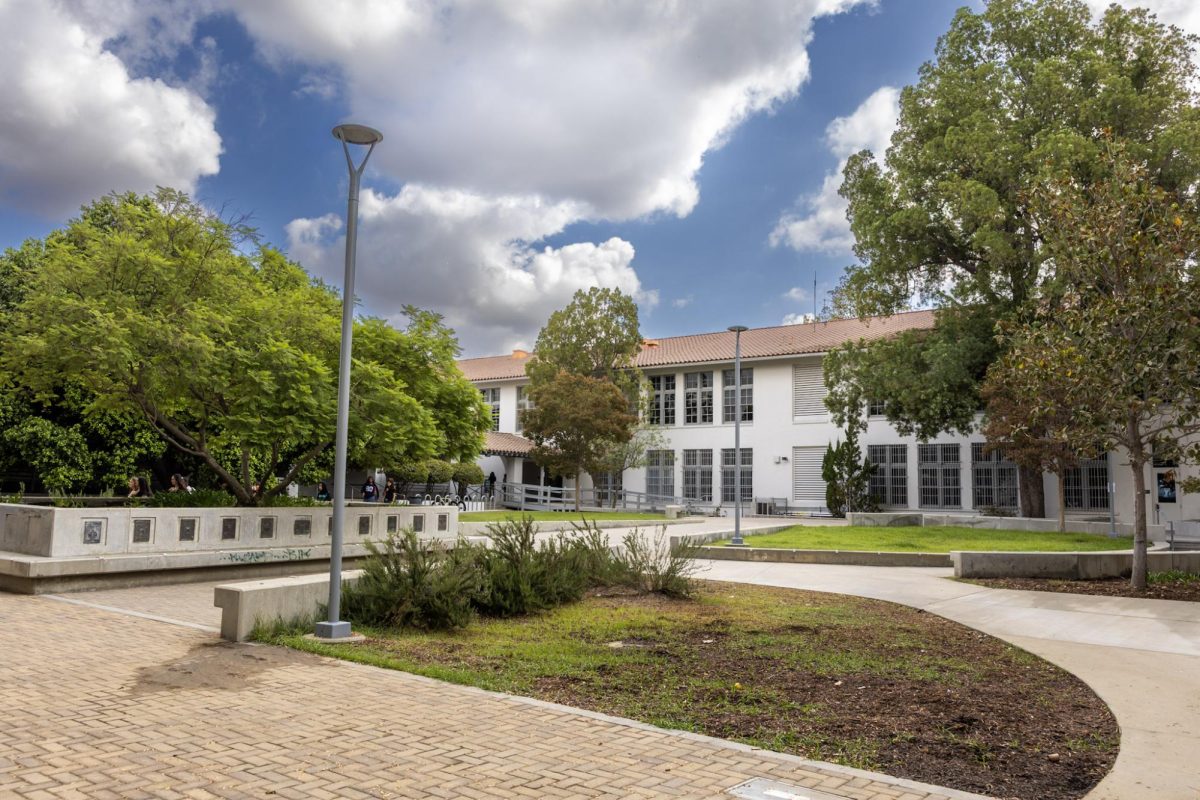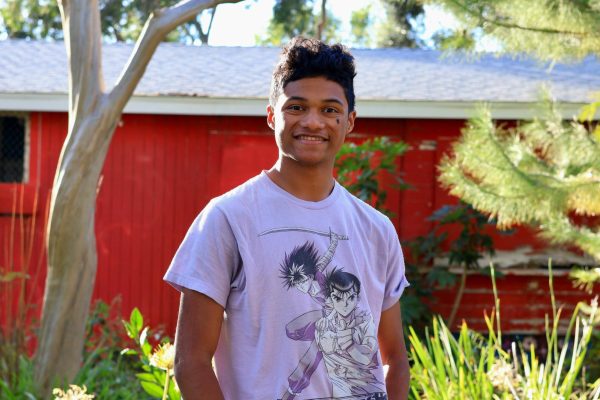Anime is a unique style of animation that originated in Japan, dating back to the early 1900s. Known for its colorful art, interesting characters, and imaginative stories, anime quickly became a significant part of global pop culture through television. However, its popularity started becoming an international hit around the 2000s.
At first, anime was more of a niche interest, appealing mainly to a small group of fans, but since around 2019, it’s exploded in popularity, attracting viewers from all backgrounds. Junior Jada Gilmore shares her thoughts: “I’ve been into anime since it rose in popularity back in 2019. The quality of storytelling has gotten amazing over the years. Animation, especially too.” The improvements in both storytelling and animation have brought in several more fans, making anime considered mainstream.
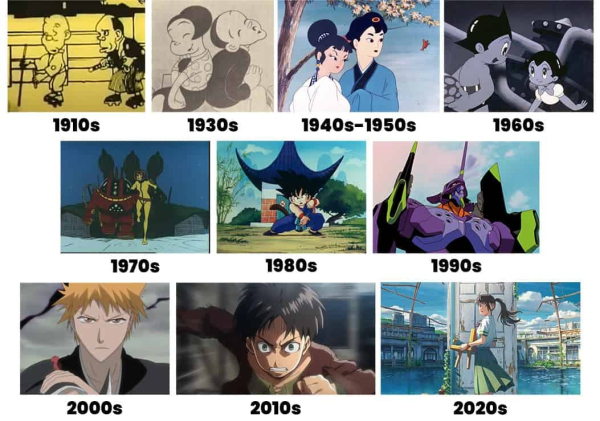
Anime serves as a rich tapestry for exploring diverse themes and interests, making it a unique form of literature, as it also comes in the form of books. Freshman Soureesh Tiyyaguia points out its value as literature, saying, “I don’t know about it, but I think it’s fine as literature; allowing people to explore those rare interests that you may not be able to find commonly, even if it doesn’t come in a traditional comic style.” Anime comics have their category of Manga; these books can connect with individuals on a personal level, particularly when traditional narratives may fall short.
What’s particularly fascinating is how anime embraces those “cringe-worthy categories,” allowing viewers to indulge in their guilty pleasures without judgment. This inclusivity is a significant aspect of its appeal; there’s something for everyone, whether it’s heartfelt romance, thrilling action, or whimsical fantasy. By offering such a wide array of genres, anime not only entertains but also fosters a sense of belonging among fans who might feel alienated by mainstream literature.
In essence, the value of anime goes beyond mere entertainment. It provides a platform for exploration and personal connection, making it a vital part of contemporary storytelling that resonates with a diverse audience. This ability to cater to varied tastes and preferences underscores why anime is celebrated not just as entertainment but as a meaningful literary form.
Junior Angel Vanegas believes anime is changing the creative scene: “I think anime is helping literature by bringing in a new set category and creative minds/people to our reading genre.” Anime has influenced many areas like writing and art. Vanegas continues, “It was something new introduced to us, and it then changed the world, starting in a small country and becoming global.” It’s remarkable how something that began in Japan has transformed into a worldwide phenomenon.
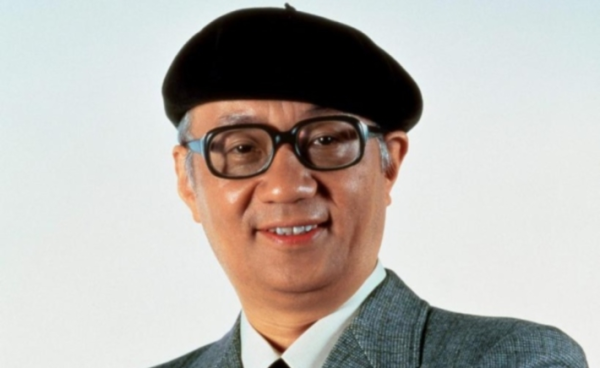
Anime is represented in various ways around the world, each culture adding its twist. In western countries, for instance, anime-inspired shows often blend local storytelling styles with anime aesthetics, creating unique hybrids. Meanwhile, places like France and Brazil have developed vibrant fan communities that celebrate both local adaptations and original content. While the core themes of friendship and adventure remain universal, the cultural nuances and societal issues depicted can vary widely, showcasing how anime continues to evolve and resonate globally.
Freshman Tyla Frampton asks, “I would say that anime is a helpful addition because after it was popularized, it sparked the animation, art, and writing industry in our own country and maybe others, to step up their game majorly.” This sentiment resonates with many. The rise of anime has pushed creators everywhere to elevate their work, leading to better quality and more exciting stories.
Anime has grown from a niche interest to a global sensation, changing how we view storytelling and creativity. As it continues to expand, it opens up new avenues for exploration in literature and art. The insights from students like Gilmore, Tiyyaguia, Vanegas, and Frampton demonstrate how much anime has impacted our culture. It’s not just entertainment; it’s a way for us to engage with new ideas and stories!

